| Umělec 2003/1 >> Petr Strouhal | Просмотр всех номеров | ||||||||||||
|
|||||||||||||
Petr StrouhalUmělec 2003/101.01.2003 Jiří Ptáček | new faces | en cs |
|||||||||||||
|
Born in 1977, after four years of studying mechanical engineering, in 2001 he entered Martin Mainer’s studio of painting at the Faculty of Fine Arts in Brno.
Petr Strouhal topped his contemporaries at the otherwise deadly stinking selection of Mladé maso (Young Meat) in the Prague gallery U zlatého prstenu (2002). Visitors of his installation inserted their hands into some kind of incubator in the middle of the room, and used them to move colored water in small plastic bags where the stories of tiny heroes were acted out. The incubator was surrounded by houses, figures and trees cut from cloth and glued onto the walls, all looking as if it were from a children’s fold-out storybook. In this way, Strouhal behaved like the youngest among the young. With this undertaking his work already took in a vast mesh of activities and an individually developed esthetics. After a series of substances wallowing disgustingly in pastel drawings or his photos of dead rats and martens “performing” where he added drawings or built for them moving landscapes of death, he came up with an endless series of works made from recycled materials, plasticine, meat and salami. At the beginning of the year he introduced a story made from several dozen slides which he labored over, carefully cutting colored sacks and recycled bottles, gluing them between transparent strips. If Strouhal appears at first to be a workaholic handyman, more thorough research would reveal him to be a storyteller of ephemeral, almost unnoticeable games and morbid points. A magnifying glass could be made to catch the cruelties taking place in his cutouts, and sympathy would arise for their comic participants. Next time we should not feign surprised when from the criss-cross of rope tied to the nails that cover a disgustingly painted board, functions as the only ruler of the represented scene. Often we have to say goodbye to the work ahead of time: liquids in bags dry up, an image of the Pope made from salami slices goes bad. Petr Strouhal develops a fairytale vision full of references to the emotions and actions of the contemporary world. The verbal battles of skinheads with anarchists turn in his hands into the grotesque shouting of frozen figures a la South Park. It takes an effort to disclose that the pinkheads are skinheads and the same pinkheads with spurs are the lefties with dreads. Strouhal’s animations are also exceptional. The arms of the fable-smith Aesop from the painting by Diego Velasqueze remain under a fold in a pallium throughout one whole film, which is why it is easy to miss the fact that they do move. One film about one minute could almost be a formal exercise, that is, if it didn’t last exactly the one minute we had sacrificed by watching it and filled 60 seconds of life with this one minute itself.Petr Strouhal goes against the stream of one-sided communication. The absurdity of his realizations are not base on their refusal or on any pressure towards us. If you overlook it, nothing happens, but you also gain nothing. What makes it worthwhile is the solving of some rules of picturesque mythology, so that we move towards the limits of our own imagination and feel how we plunge into anything only halfway.
01.01.2003
Рекомендуемые статьи
|
|||||||||||||
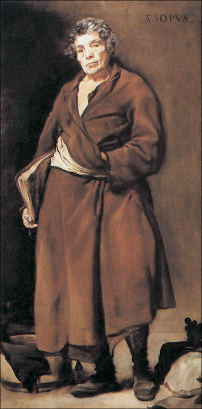
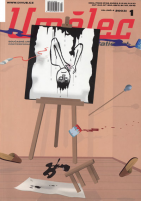














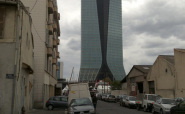
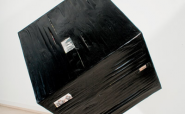
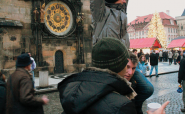
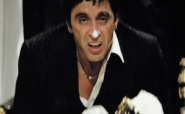
Комментарии
Статья не была прокомментированаДобавить новый комментарий